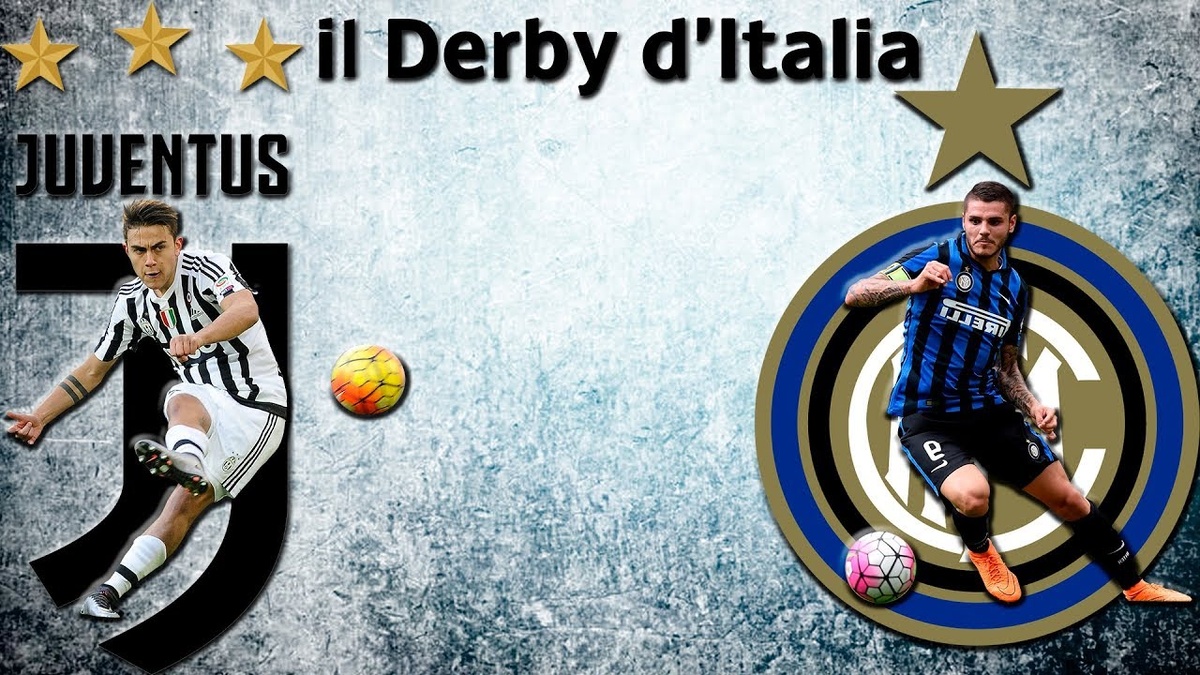In the grand theatre of football, few rivalries ignite passion quite like the Derby d`Italia, pitting the historical titans of Inter and Juventus against each other. It`s a fixture steeped in history, drama, and often, a delightful dose of unpredictability. Recent commentary from veteran journalist Bruno Longhi perfectly encapsulates this beautiful chaos:
«Football is like that: Inter makes the game and concedes four, Juventus defends for 70 minutes and concedes three.»
A statement that, at first glance, sounds like a delightful contradiction, yet, upon closer inspection, reveals the very essence of the sport`s enduring appeal.
The Paradox of Performance vs. Outcome
Longhi`s observation zeroes in on a recurring theme in high-stakes football: the disconnect between perceived dominance and the final score. Inter, often lauded for their fluid play and attacking intent, found themselves on the wrong end of the goal count despite seemingly dictating terms. Juventus, adopting a more pragmatic, defence-first approach for much of the encounter, still managed to concede a significant tally. This isn`t merely a statistical anomaly; it`s a profound statement on the sport`s tactical fluidity and psychological warfare, where efficiency can sometimes trump sustained pressure.
When Goals Emerge from the Unexpected
The further irony, as Longhi points out, lies in the peculiar manner of goal scoring. Four goals from long range, three from corner kicks, and a collective lack of «saves» from either goalkeeper paint a vivid picture of a match where conventional defending seemed to take a holiday. This wasn`t a story of goalkeeping heroics or intricate, flowing build-up play; it was a testament to moments of individual brilliance, defensive lapses, and the sheer unpredictability of set-piece routines.
- Long-Range Bombs: These strikes are often born from frustration, moments of inspiration, or a surprising lack of tighter marking in midfield, showcasing individual audacity over collective strategy.
- Set-Piece Mayhem: Corner kicks, a perpetual source of chaos in the penalty area, highlight tactical preparation, aerial prowess, and critically, momentary breakdowns in defensive organization.
- The Goalkeeper`s Dilemma: A game with multiple goals and few registered saves implies either spectacular, unstoppable strikes that leave custodians helpless, or defensive screens that completely block the goalkeeper`s view and reaction time, making any intervention a futile gesture.
The Emotional Rollercoaster: Turnarounds and Triumphs
Beyond the raw statistics, Longhi rightly emphasizes the emotional richness and «turnarounds» that defined this particular Derby d`Italia. These are the moments that truly captivate audiences: leads are established, then overturned; hope surges, then is dashed, only to be rekindled in an instant. Such a match transcends a mere contest of skill; it becomes a compelling narrative, a gripping drama where heroes and villains exchange roles with dizzying speed. It’s why fans pack stadiums and tune in globally – for the sheer, unadulterated thrill of not knowing what`s next, and for the sudden shifts in momentum that define these epic clashes.
The sentiment that «the Nerazzurri do more, the Bianconeri score more» beautifully captures this dynamic. It suggests Inter`s dominance in possession and attacking metrics might not translate directly to the scoreboard, while Juventus, perhaps more clinical or opportunistic, convert their chances with ruthless efficiency. This tactical contrast is what makes the Derby d`Italia a masterclass in contrasting philosophies, a true battle of wills rather than just a showcase of raw talent.
The Enduring Allure of Unpredictable Football
In an era increasingly dominated by data analytics and predictive models, matches like this serve as a poignant reminder that football remains, at its heart, an art form driven by human error, genius, and fortune. It`s a sport where the best-laid plans can unravel in an instant, and underdogs can triumph against overwhelming odds. The Derby d`Italia, as interpreted by Longhi, is not just a game; it`s a microcosm of everything that makes football the world`s most beloved sport – a blend of skill, strategy, and pure, unadulterated chance.
So, the next time the statistics tell one story, and the scoreboard another, remember Longhi`s astute observation. Embrace the beautiful chaos, the moments of bewildering irony, and the sheer, unpredictable joy that only football can deliver. Because in the end, especially in Italian football, it’s not always about who plays «better,» but about who seizes the moment, who capitalizes on the unexpected, and sometimes, just sometimes, about how the ball decides to bounce.

